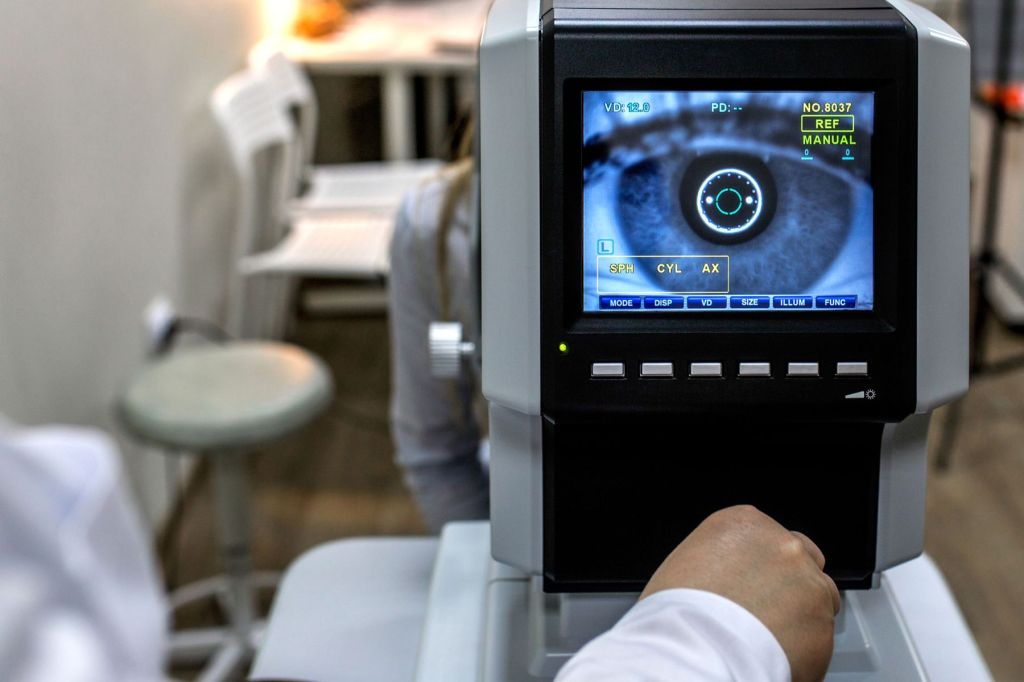Researchers at Stanford University have developed a revolutionary gene therapy technique that successfully reversed age-related vision loss in early human trials, offering hope for millions of people suffering from macular degeneration.
The treatment, called RetinaGen, uses modified stem cells to repair damaged photoreceptor cells in the retina. In a Phase II clinical trial involving 120 patients, 85% showed significant improvement in visual acuity within six months of treatment.
Dr. Maria Rodriguez, the study’s lead researcher, called the results “unprecedented.” She explained, “We’re not just slowing down vision loss—we’re actually restoring sight to patients who had given up hope of ever seeing clearly again.”

Patient testimonials have been particularly moving. Robert Chen, 68, who participated in the trial, reported being able to read again after three years of progressive vision loss. “I can see my grandchildren’s faces clearly for the first time in years,” he said.
The therapy works by introducing healthy genes into retinal cells, enabling them to produce proteins essential for normal vision. Unlike traditional treatments that only slow progression, RetinaGen actually repairs existing damage.
The FDA has granted the treatment “breakthrough therapy” designation, potentially fast-tracking approval for wider use. Phase III trials are expected to begin next year, with full approval possible by 2027.
Medical experts worldwide have hailed the advancement as a potential game-changer for treating various forms of inherited blindness and age-related eye diseases.


Leave a Reply